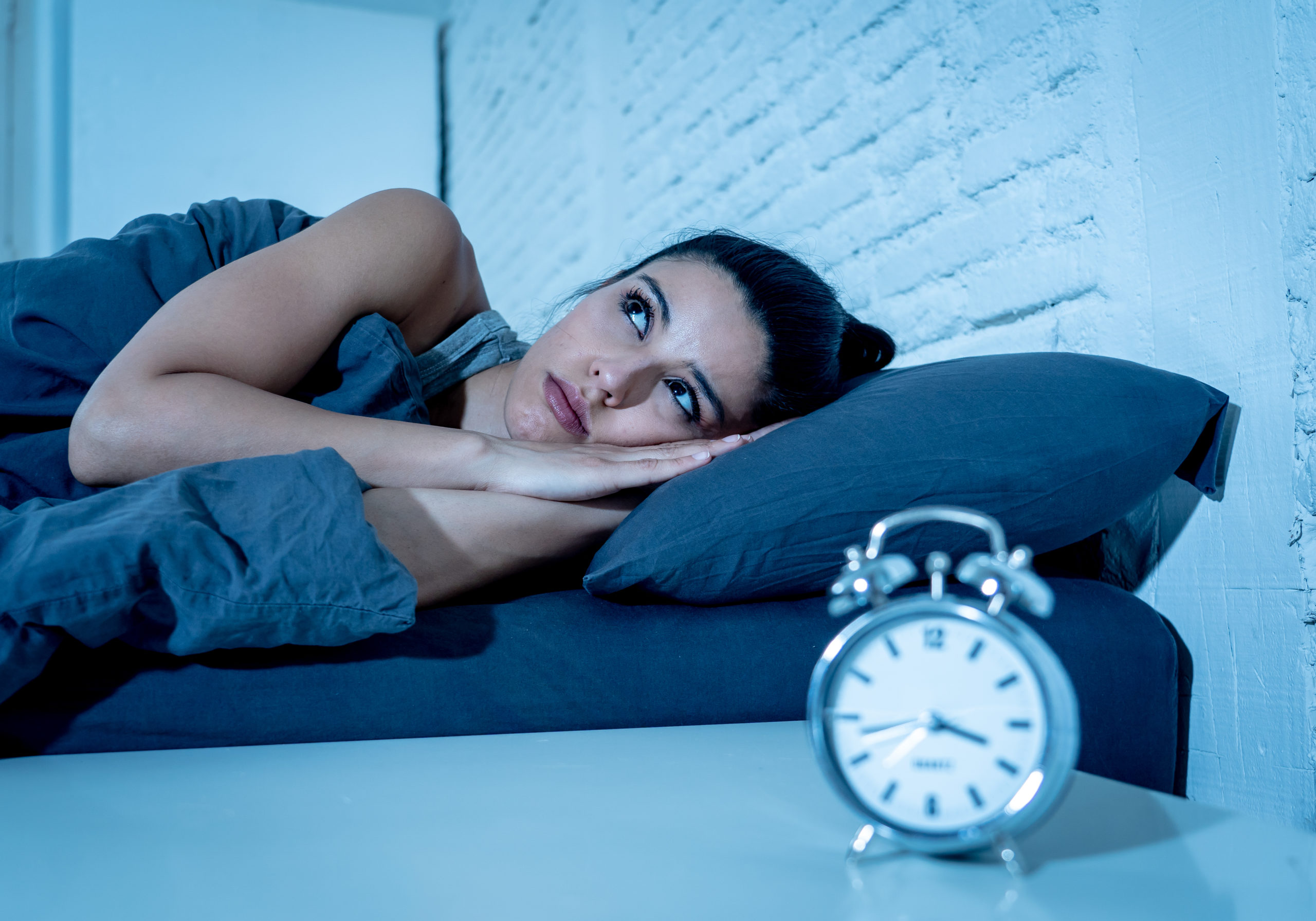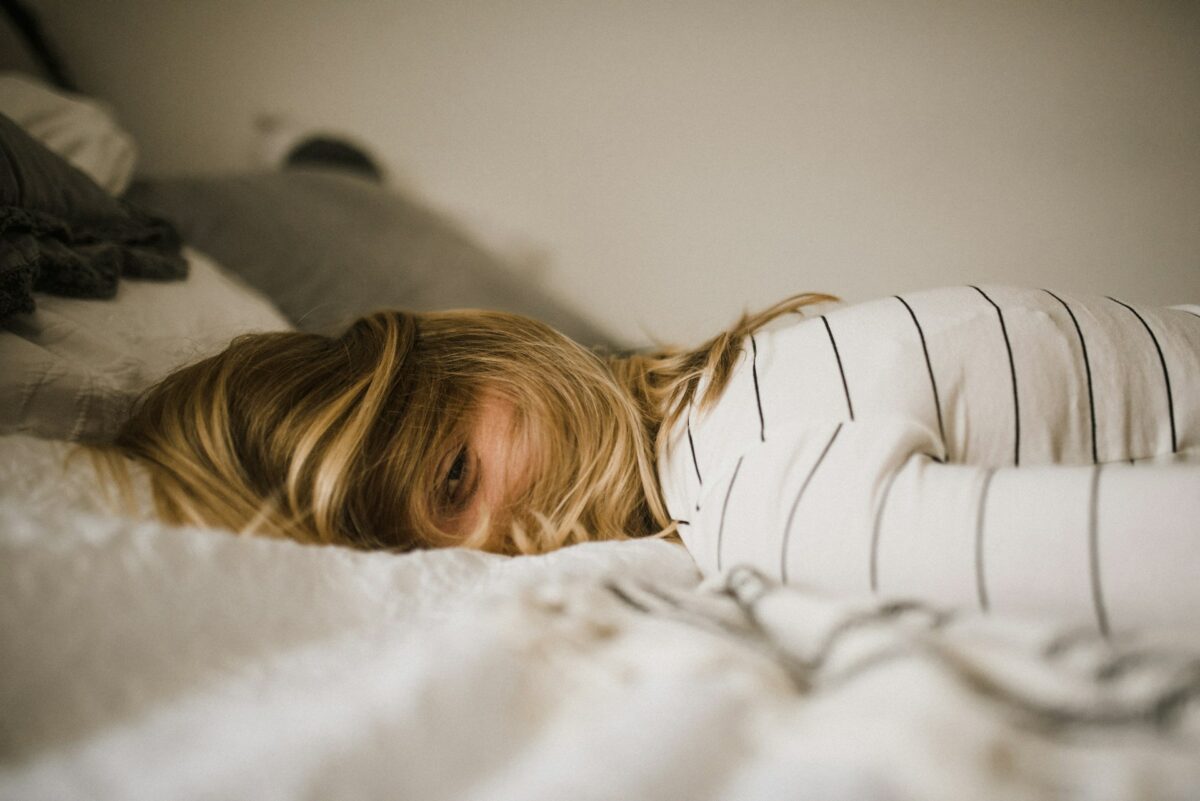When most people think about sleep behaviors, they consider only their conscious responses to stimuli like noises. During the night, the brain cycles steadily between the lighter stages of sleep and the deeper stages. However, little is known about why such differences in brain wave production explain how some light sleepers can awaken easily while others respond mostly during deep sleep.
So, what factors play a role in if a person is a “light sleeper”? This blog post aims to answer this question.
Sleep Cycle Changes During Sleep Deprivation
Keeping a consistent circadian rhythm, with predictable sleep and wake times, help keeps your sleep cycles consistent at night. Sleep is not just one stage during the night. Instead, sleep cycles alternate between deep and light states of sleep.
A normal adult will cycle through these four stages approximately four times each night. These sleep cycles last approximately ninety minutes, and the sleep cycles will repeat themselves throughout the night until the person wakes up.
What Causes Restless Sleep?
As deep sleep occurs, restlessness is less likely to occur. A person who is a light sleeper is more likely to be restless because of the quicker time it takes to move from deep sleep to the light sleep stage. But what causes restless sleep?
As there are different factors at play, it is more prevalent for people with certain conditions such as insomnia and sleeps apnea to be more restless. Sudden noises are also examples of factors that can cause restlessness during sleep.
Not only that but light sleepers are also considered restless sleepers. People who have difficulty with sleep paralysis, experiencing hallucinations, and narcolepsy have a greater chance of being restless sleepers. If you are moving around or acting out your dreams without proper paralysis, you are more likely to hit something, get tangled in your sheets, or make noises that interrupt your REM cycle and wake you up.
How Can You Sleep Better?
If you are a light sleeper, you are more likely to suffer from insomnia. This condition can make it difficult for a person to get a good night’s rest. It can also make it hard for the person to fall asleep the next night.
So, if you are a light sleeper, what can you do to sleep better? Obviously, you can try different natural sleep aids to help you make it through the night.
If you want to be able to sleep better and want to try natural sleeping aids, you can check out this list of natural sleep aids and remedies.
One of the easiest ways to help with insomnia is to focus on sleep hygiene and ensure you are following some basic steps to help your brain. Create a routine before bed that can include a bath, cup of tea, reading, listening to calming music or a podcast. Start diming the lights a few hours before bed, and make sure your room is cool and dark with clean, breathable bedding.
Daily exercise and meditation are two things that also contribute greatly to consistent and restful sleep.
Conclusion
While all these tips can help with being a light sleeper, it is first and foremost important to talk to your doctor and make sure there are no underlying sleep disorders.
If you are looking for a reliable sleep doctor, contact Sleep Better Live Better. Dr. Muir and her qualified sleep team have helped thousands of patients find healthy sleep solutions and are ready to help you!





